The UK’s Department of Environment, Food and Rural Affairs (DEFRA) said in a statement that the deadly virus was identified this Friday in the birds on a farm near Louth, Lincolnshire (not to be confused with Co Louth).
“Most birds at the premises have died – any remaining birds there will be humanely culled,” DEFRA said. More than 5,000 turkeys were lost on the farm.
While the H5N8 strain of bird flu does not pose risks to humans, it is lethal in birds.
“This is the same strain that has been affecting poultry in Europe,” said DEFRA chief veterinary officer, Nigel Gibbens. “Bird keepers should remain alert for any signs of disease, report suspected disease immediately and ensure they are maintaining good biosecurity on their premises.”
Clinical signs
According to DEFRA, clinical signs that poultry keepers should look for in their birds include a swollen head, discolouration of neck and throat, loss of appetite, respiratory distress, diarrhoea and fewer eggs laid – although clinical signs vary between species of bird.
Two levels of restrictions have been put in place 3km and 10km around the farm.
IFA poultry chairman Nigel Renaghan again urged Irish farmers to keep birds indoors. “I’ve made a call looking for birds to be locked up,” he told the Irish Farmers Journal on Friday evening. All farmed birds must be housed in Britain, but the Department of Agriculture here decided this week that housing Irish poultry stock was not necessary at this point.
Although Lincolnshire is on the east coast of England, Renaghan said it would be easy for the virus to move through a block of land. “The UK and Northern Ireland is all the one, and there is free movement within UK borders,” he said. With large numbers of Irish stock going to UK factories and poultry processors operating in both jurisdictions, Renaghan said he was “worried”.
Read more
Full coverage: bird flu
The UK’s Department of Environment, Food and Rural Affairs (DEFRA) said in a statement that the deadly virus was identified this Friday in the birds on a farm near Louth, Lincolnshire (not to be confused with Co Louth).
“Most birds at the premises have died – any remaining birds there will be humanely culled,” DEFRA said. More than 5,000 turkeys were lost on the farm.
While the H5N8 strain of bird flu does not pose risks to humans, it is lethal in birds.
“This is the same strain that has been affecting poultry in Europe,” said DEFRA chief veterinary officer, Nigel Gibbens. “Bird keepers should remain alert for any signs of disease, report suspected disease immediately and ensure they are maintaining good biosecurity on their premises.”
Clinical signs
According to DEFRA, clinical signs that poultry keepers should look for in their birds include a swollen head, discolouration of neck and throat, loss of appetite, respiratory distress, diarrhoea and fewer eggs laid – although clinical signs vary between species of bird.
Two levels of restrictions have been put in place 3km and 10km around the farm.
IFA poultry chairman Nigel Renaghan again urged Irish farmers to keep birds indoors. “I’ve made a call looking for birds to be locked up,” he told the Irish Farmers Journal on Friday evening. All farmed birds must be housed in Britain, but the Department of Agriculture here decided this week that housing Irish poultry stock was not necessary at this point.
Although Lincolnshire is on the east coast of England, Renaghan said it would be easy for the virus to move through a block of land. “The UK and Northern Ireland is all the one, and there is free movement within UK borders,” he said. With large numbers of Irish stock going to UK factories and poultry processors operating in both jurisdictions, Renaghan said he was “worried”.
Read more
Full coverage: bird flu




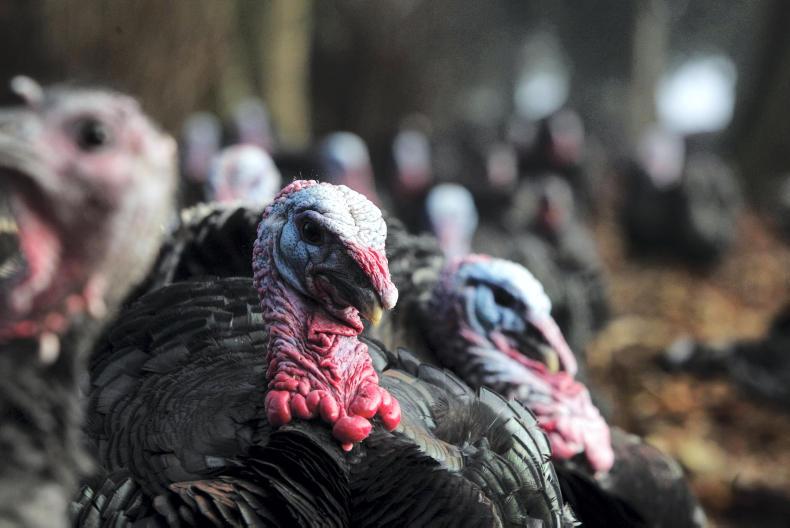
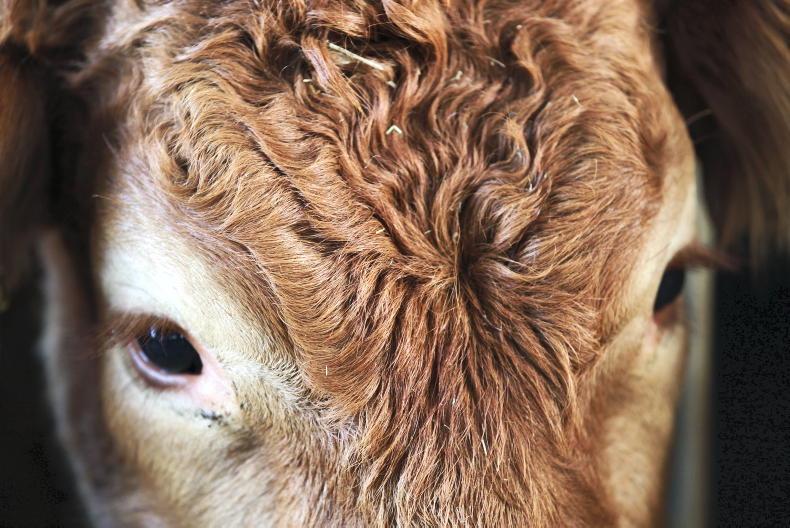
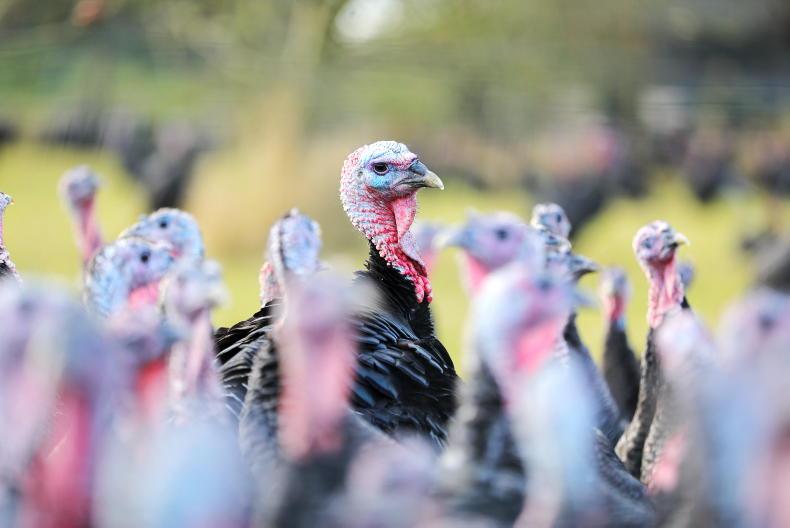
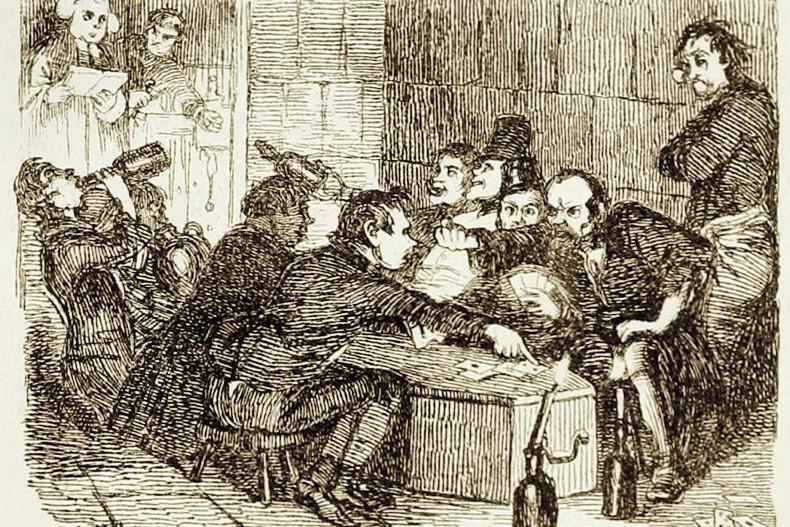
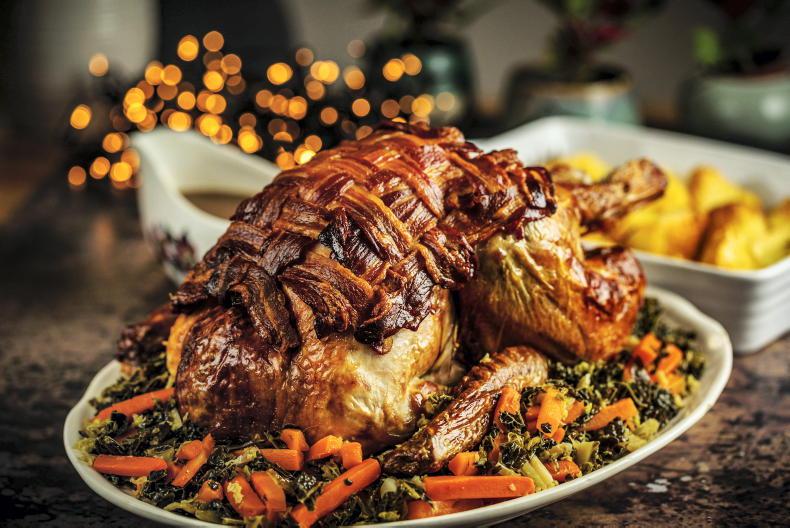
SHARING OPTIONS